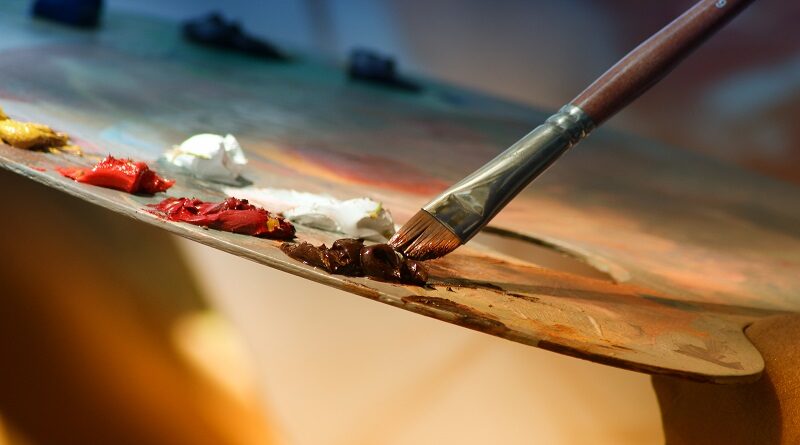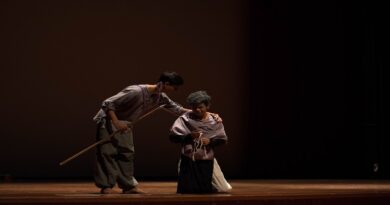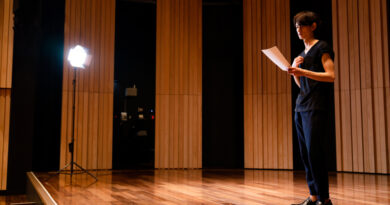Postgraduate courses in Renaissance Art
The world of art is very broad and there are many different areas you can specialise in to meet your interests. Renaissance Art is a huge area in the history of art and while courses in the area are minimal, there are still opportunities.
Take a look at some of the courses below to see if they match your interest! Our main aim is to help you and inform you to guide you on your path to the perfect postgraduate course for you.
Happy learning!
What is renaissance art?
Renaissance art is exactly what is says on the tin. It is art from the Renaissance era. The real question is what is the Renaissance? The Renaissance as a period in European history that marks the transition from the Middle Ages to modernity and covering the 15th and 16th centuries.
Renaissance art includes paintings, sculptures, music and literature produced from the 14th to 16th centuries. The famous Mona Lisa painting is an example of Renaissance art! Examples of Renaissance artists include Leonardo Da Vinci, Michelangelo and Sandro Botticelli. It is a very interesting era where some of the world’s most iconic and famous artworks were created.
Courses
There are a huge number of art courses available in the area of Art across the UK. Course content may differ in different universities. Some courses offer the opportunity to study full time while others offer part time opportunities. Courses in Renaissance art in particular are scarce but there are many related courses also. Example include:
History of Art: Renaissance to Modernism
Postgraduate courses in Renaissance to Modernism will learn and research all things related to Renaissance art through a series of lectures and seminars from guest speakers. Students will gain all the relevant skills and knowledge in order to specialise in this area.
Secondary Education: Art and Design (PGDE)
These courses will give students the opportunity to become an art teacher and inspire a new generation of artists. You will gain experience in the teaching field as well as an excellent foundation in order to be ready to work as a secondary teacher with the relevant skills and knowledge needed in the role.
Art: Exhibition Studies
Students of exhibition studies will study the history of contemporary art through key developments in the exhibition form. A key focus is looking at wider social conditions of exhibitions such as the effect each exhibition may have on those who view them. Students will develop their skills and knowledge in the field as well as debate, presentations and develop a critical way of thinker about related topics.
History of Art
Courses in History of Art often explore the relationship between art and human experience from the 15th to the 21st century. The course will look at conceptual tools which derived from disciplines such as anthropology, philosophy and art history. Students will study artistic production, visual representation and modern cultural experience.
Entry requirements
Entry requirements may differ from course to course or university to university so it is important to do the required research before applying for courses. An honours degree is required to apply to these courses. Some may require a 2.2 degree while others may require a 2.1 degree.
Related jobs
- Renaissance artist
- Art teacher
- Freelance artist
- Gallery work
- Museum curator
- Art Journalist
- Exhibition designer
- Art therapist
Salary
Your salary will be dependent on your exact employment and often your location. Your salary may differ depending if you’re a freelance artist or working in a gallery or even in the teaching profession. It is believed that secondary art teachers in the UK earn around £35,472 with an entry level salary which is closer to £27,000. As an artist you may earn around £34,000 a year depending on the variables that are mentioned above. All figures are based on estimates and intended to be used as a guide only.
Skills and requirements
Skills and requirements helpful in this area include:
- A knowledge of the Renaissance era
- Creativity
- Imagination
- Strong communication skills
- Time management skills
- Good social skills
- The ability to work alone and with others
- Strong writing skills
- A good decision maker
- Problem solver
- Critical awareness
- An interest/passion for art




